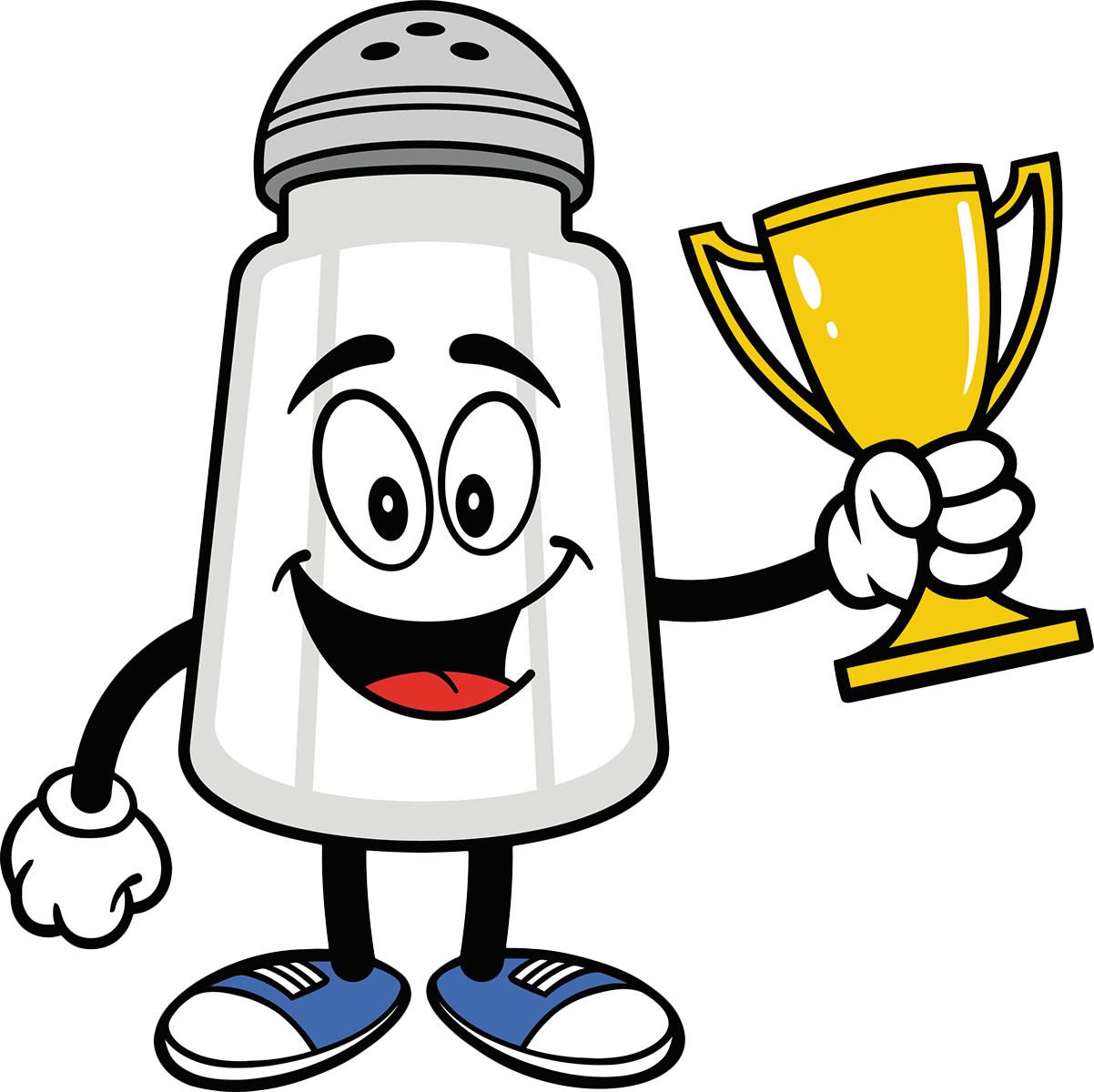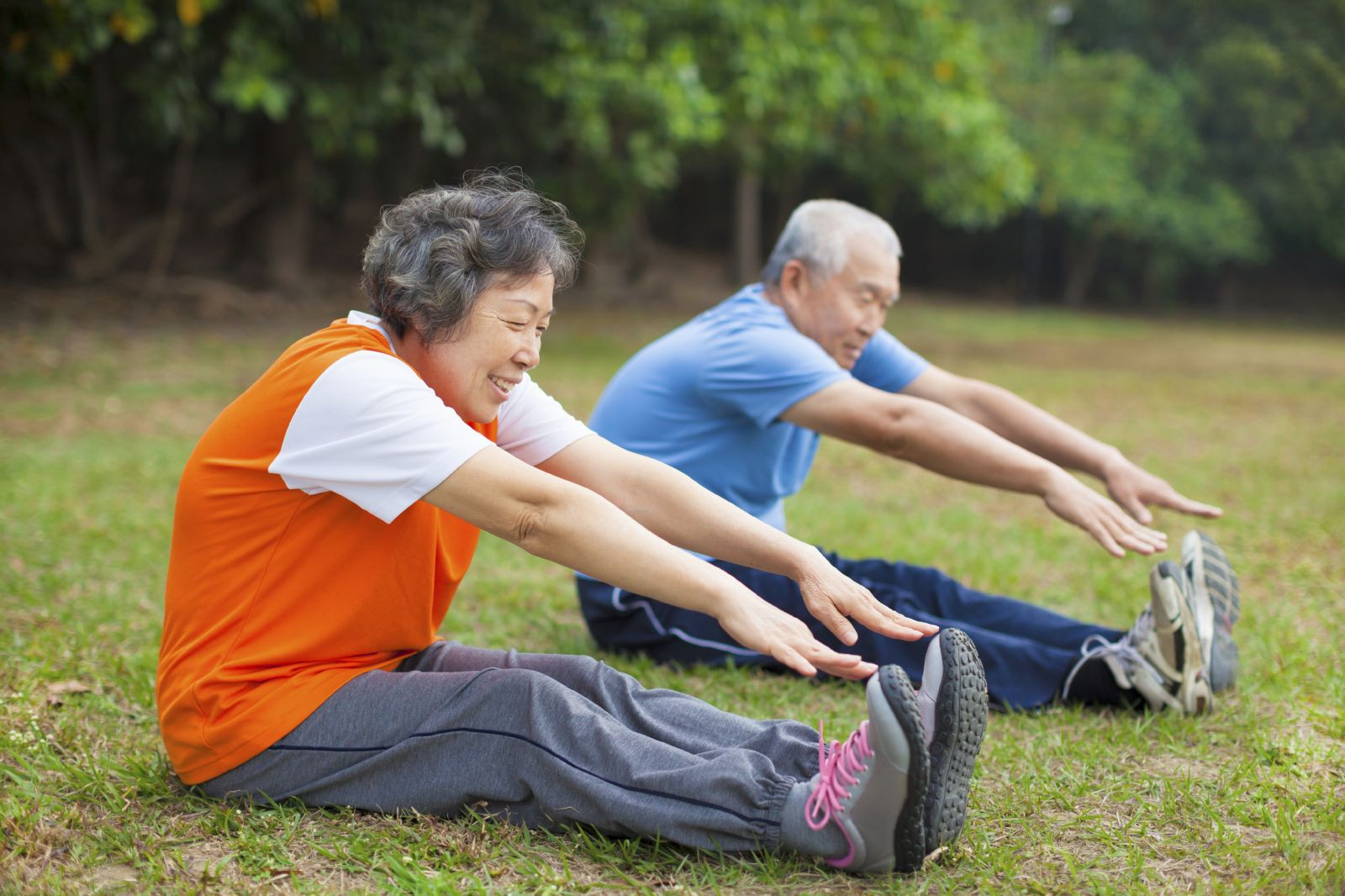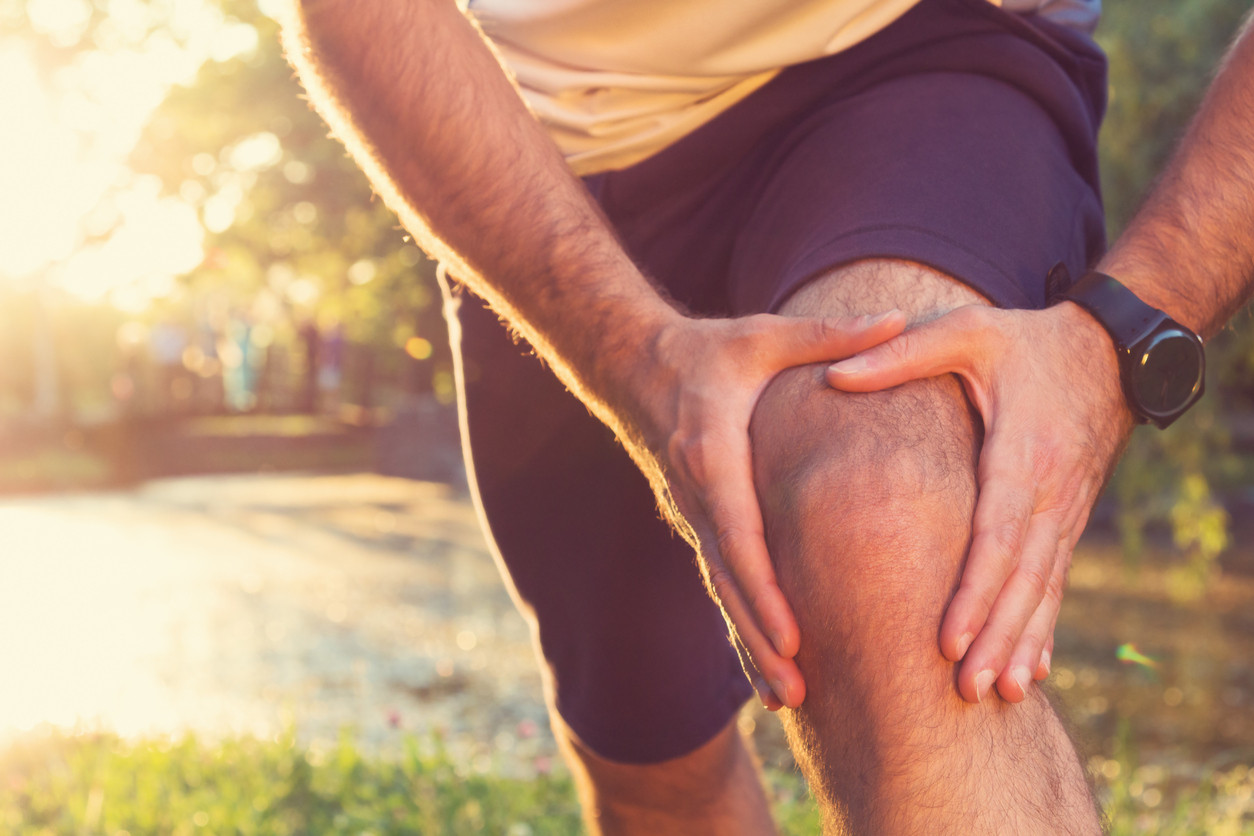
Counting steps is good — is combining steps and heart rate better?

Appendix pain: Could it be appendicitis?

Can saw palmetto treat an enlarged prostate?

How does Ozempic work? Understanding GLP-1s for diabetes, weight loss, and beyond

Zinc: What it does for the body, and the best food sources

Respiratory health harms often follow flooding: Taking these steps can help

Tips to leverage neuroplasticity to maintain cognitive fitness as you age

Can white noise really help you sleep better?

Celiac disease: Exploring four myths

What is prostatitis and how is it treated?
Staying Healthy Archive
Articles
Is there an optimal time of day for exercise?
Ask the doctors
Q. What's the best time of day to exercise to get the most benefit?
A. Some people swear by morning workouts, because they squeeze them in before a busy schedule can derail their efforts. Morning exercise sessions may also help them move into their day feeling energized. But others dread the idea of dragging themselves out of bed early to hit the treadmill. Instead, they save their workout until the end of the day, when they feel more limber and can unwind.
Don’t let the cold put a freeze on your daily workout schedule
Keeping active in the winter months is crucial for wellness.
Image: © Sasha_Suzi/Thinkstock
Workouts often fall by the wayside in winter. It's cold and snowy, and if you're like a lot of women, all you want to do is curl up under a blanket with a cup of hot tea and snack on some leftover holiday cookies.
"Based on my experience with clients, it seems like people go into hibernation mode from Thanksgiving until March," says Dr. Beth Frates, assistant professor of physical medicine and rehabilitation at Harvard Medical School and director of wellness programming for the Stroke Research and Recovery Institute at Spaulding Rehabilitation Hospital.
Rapid urine test could reduce unnecessary antibiotic use
Research we're watching
Image: © moodboard/Thinkstock
A new test might help doctors better treat patients with urinary tract infections, according to a study published in the Oct. 4, 2017, issue of Science Translational Medicine. These infections prompt some eight million doctor visits each year, and doctors often prescribe antibiotics to treat the condition. However, sometimes the bacteria they are attempting to treat are resistant to first-line antibiotics. The delay caused by the ineffective medication can, in some cases, cause the patient's condition to worsen and lead to complications. To eliminate this antibiotic guesswork, researchers developed a new quick-acting antimicrobial susceptibility test that not only tells the doctor within 30 minutes whether the patient has a urinary tract infection, but also what type of bacteria caused it and what drugs will best treat it. The test can also quickly identify cases where antibiotics aren't needed at all, preventing overuse of antibiotics, which can promote resistance. The same type of rapid testing, might eventually be of use in identifying the best anti-biotics for other types of bacterial infections as well.
And the winner for highest sodium content goes to…
Research we're watching
You've heard of the Grammys and the Emmys, but how about the MilliGrammys? This satirical award is given by the Center for Science in the Public Interest (CSPI) to the American restaurant foods that give you the biggest dose of sodium in one serving. On Oct. 11, 2017, the organization gave the award for Sodium Content in a Sandwich by a Chain Restaurant to Subway's Footlong Spicy Italian with Provolone and Mayo, with 3,380 milligrams (mg) of sodium, 1,080 mg more sodium than you're supposed to eat in an entire day. Most Sodium in a Single Menu Item went to P.F. Chang's Pad Thai with Shrimp (5,250 mg of sodium), and Chili's restaurant received a Lifetime Achievement Award for a trio of high-salt offerings, including the Beef Bacon Ranch Quesadilla (3,990 mg of sodium), Crispy Fiery Pepper Crispers (6,240 mg), and Texas Dry Rub Ribs (6,260 mg).
CSPI's goal is to raise awareness and get restaurants to curb high sodium levels in their food. To learn more about the awards, visit www.health.harvard.edu/mga.
How stretching keeps your joints moving
Your range of motion — how far you can move a joint in various directions — is determined by many things, starting with the inner workings of the joint and the structures surrounding it. Stretching exercises can help extend this range of motion. To understand how, it helps to be familiar with these structures and how they can help — or hinder — a joint's flexibility:
- Joints are the junctions that link bones together. The architecture of each joint — that is, whether its structure is a hinge, pivot, or ball-in-socket — determines how the bones can move.
- Muscles surround joints and provide the energy used to move them. The amount of tension in the muscles surrounding a joint is a key factor in how big of a range of motion that joint can achieve. Muscle tension can be affected both by passive factors, such as tissue scarring or your habitual posture, and by active factors, such as involuntary muscle spasms or purposeful muscle contractions.
- Tendons are flexible cords of strong tissue that connect muscles to bones and make movement possible. When a joint moves, energy from the muscles is transferred into the tendons, which tug on the bones.
- Ligaments are tough, fibrous bands of tissue that bind bone to bone, or bone to cartilage, at a joint. An example is the anterior cruciate ligament (ACL), one of five ligaments that together control the movements of the knee. Among other things, the ACL keeps the knee joint from rotating too far.
When you stretch, you're working muscles and tendons rather than ligaments. Ligaments are not supposed to be elastic. An overly stretchy ligament wouldn't provide the stability and support needed for a safe range of movement.
Power training: A complementary approach
Another type of training, known as power training, is proving to be just as important as traditional strength training in helping to maintain or rebuild muscles and strength—maybe even more important.
As the name suggests, power training is aimed at increasing power, which is the product of both strength and speed, reflecting how quickly you can exert force to produce the desired movement. Thus, faced with a mountain hike, you may have enough strength to reach the summit. But can you keep up with the younger members of your hiking group? Power, not just strength and cardio fitness, can get you up the steep inclines quickly and safely. By helping you react swiftly if you trip over a root or lose your balance on loose rocks, power can actually prevent falls.
Exercise advice for people with arthritis
When you hurt, it's hard to persuade yourself to move. However, regular exercise not only helps maintain joint function, but also relieves stiffness and decreases pain and fatigue. What should you do? Whenever possible, meet the Physical Activity Guidelines for Americans by mixing aerobic activities, strength training, stretching, and balance exercises. If this is too ambitious, at least avoid inactivity. Discuss options with your doctor, particularly if you haven't been exercising. A physiatrist, physical therapist, or personal trainer with experience in working with people who have arthritis can help you choose and adapt activities that will work for you.
You can also find programs specifically designed for people with arthritis. Examples include Fit and Strong!, a program targeted to older adults with osteoarthritis; the Arthritis Foundation's Exercise Program (AFEP); and its Walk with Ease program. There are also water-based therapy programs, such as the Arthritis Foundation's Aquatic Program, that are done in pools heated to nearly 90° F; these feature a variety of exercises, including range-of-motion exercises and aerobics. Another good option is tai chi, a low-impact, slow-motion form of exercise that can increase flexibility and muscle strength in the lower body, as well as aiding gait and balance. Strength training improves muscle strength, physical functioning, and pain.
What you should know about magnesium
| Image: Bigstock |
You need magnesium for many tasks. It's involved in more than 300 chemical reactions in the body. Muscles need this mineral to contract; nerves need it to send and receive messages. It keeps your heart beating steadily and your immune system strong. Most people can get enough magnesium by eating foods such as green leafy vegetables, whole grains, beans, nuts, and fish.
Dr. Bruce Bistrian, chief of clinical nutrition at Beth Israel Deaconess Medical Center and professor of medicine at Harvard Medical School, says magnesium deficiency in otherwise healthy individuals eating a balanced diet is rare. "The kidney has an extraordinary ability to reduce magnesium loss in urine, and thus achieve magnesium balance on a wide variety of intakes," he explains.

Counting steps is good — is combining steps and heart rate better?

Appendix pain: Could it be appendicitis?

Can saw palmetto treat an enlarged prostate?

How does Ozempic work? Understanding GLP-1s for diabetes, weight loss, and beyond

Zinc: What it does for the body, and the best food sources

Respiratory health harms often follow flooding: Taking these steps can help

Tips to leverage neuroplasticity to maintain cognitive fitness as you age

Can white noise really help you sleep better?

Celiac disease: Exploring four myths

What is prostatitis and how is it treated?
Free Healthbeat Signup
Get the latest in health news delivered to your inbox!
Sign Up











